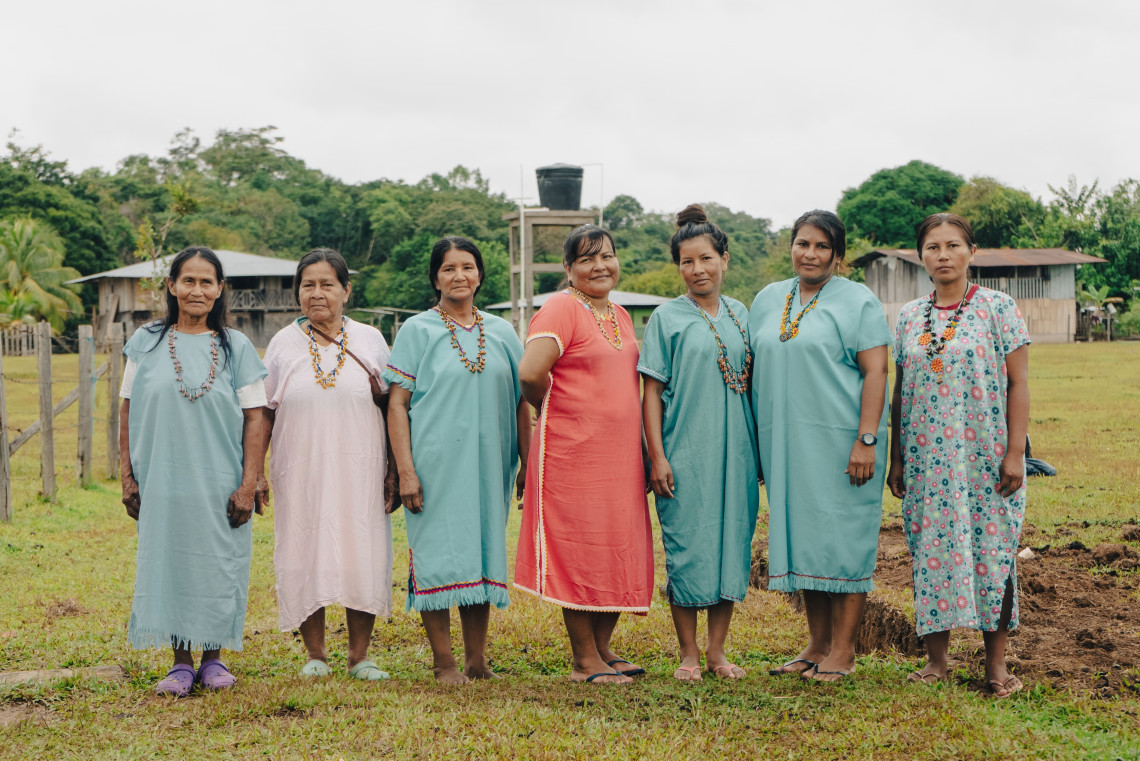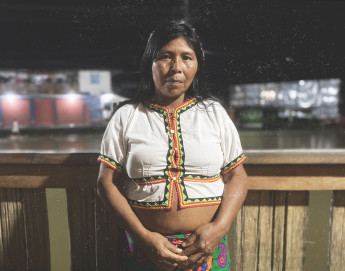
Colombia: Stories from the field

Find in this section some of the stories we documented during 2022 in Colombia. Each testimony is part of a specific action we develop with the communities, in the four sub-delegations we have a presence.
Solar-powered radios for indigenous communities in Dabeiba
In rural Dabeiba, Antioquia, the most remote indigenous communities were also the most affected by the presence of explosive hazards, as they could not receive messages about how to prevent incidents and mitigate risks. So we provided seven communities with a solar-powered radio and flash drive each to spread messages about safe behaviours.
Songs of hope and peace, Tumaco
Funeral rites for Afro-Colombian communities on the Pacific coast are carried out as a community. People walk through the neighbourhoods holding altars and singing funeral songs to accompany the dead on their new journey. Death is not seen as the end but as a new form of existence. Unfortunately, as people have gone missing, this tradition has become weaker. So a group of women who are looking for their loved ones got together to remember them in prayer and song.
Granita: Honey-making association in Tame, Aruca
In Tame, Arauca, the community association is working to build hope with a beekeeping and honey-making project. We provide psychosocial, productive, commercial and environmental support to 74 families to help the association continue to grow thanks to the quality of their honey.
Resilience in Bekocha, Putumayo
The Bekocha Guajira indigenous reserve is home to a Putumayo community affected by armed conflict. They decided to raise hens for their eggs so that they could form stronger bonds in their community and maintain food security. The activities were led by the women, who passed on their cultural knowledge about raising hens and getting eggs to the ir children.
More about 'Humanitarian Challenges 2023'
- Civilian population trapped in fear and anxiety
- "The importance of humanitarian action" Lorenzo Caraffi
- The constant threat of explosive hazards
- Unending uncertainty
- Health in the midst of conflict
- Overcrowding in temporary detention centres getting worse
- Releases: A reflection of our role as neutral intermediary
- Calls to action from ICRC to Colombia in 2023

